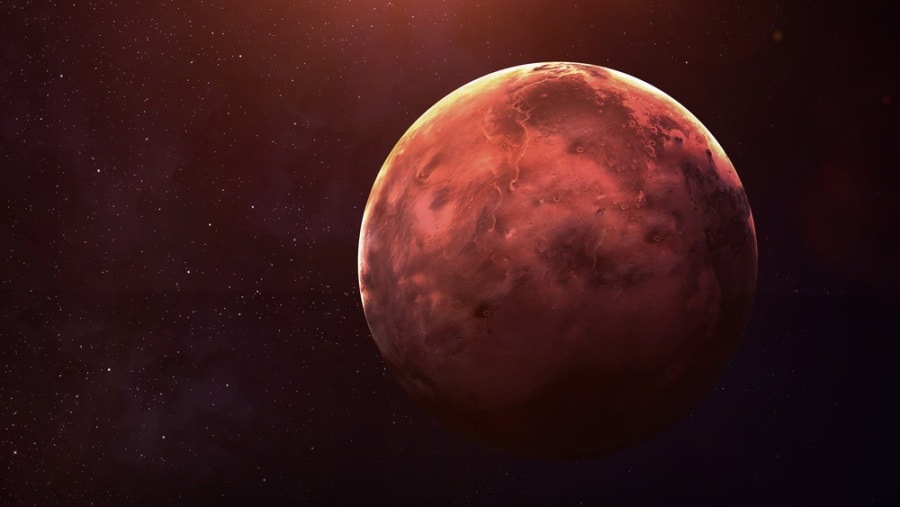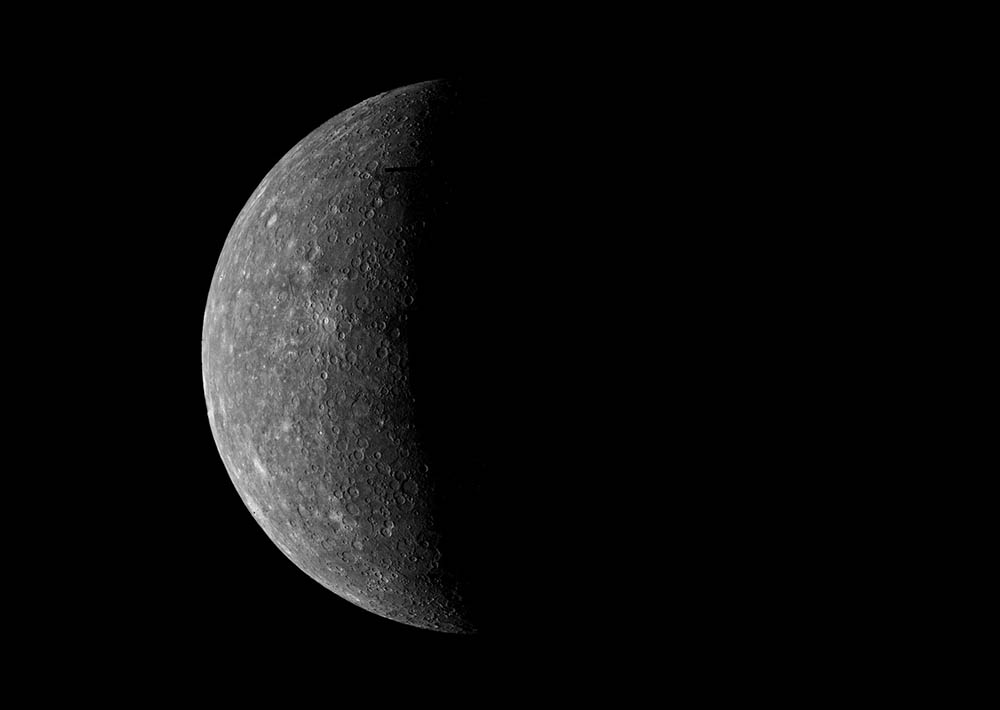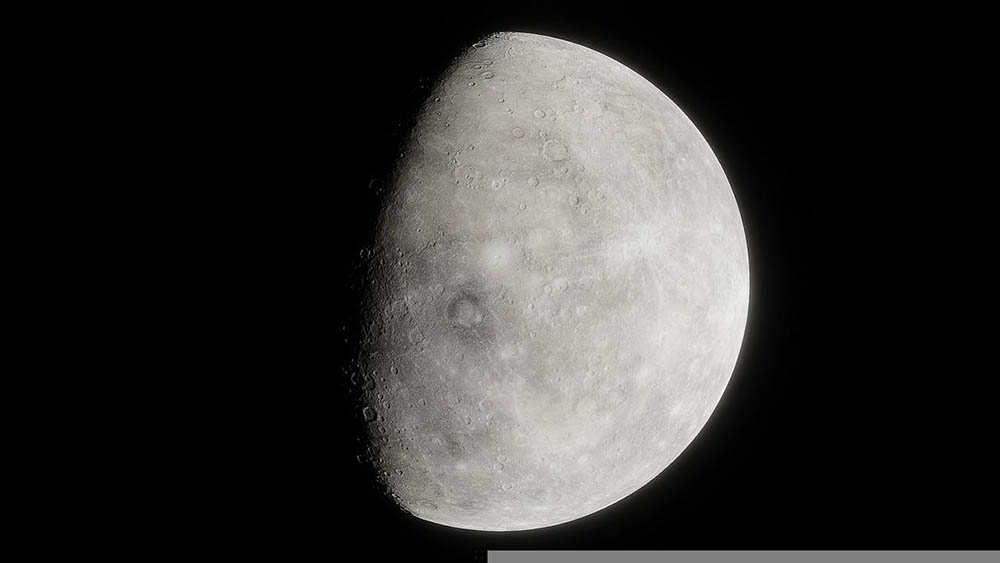How Many Moons Does Mercury Have?
Last Updated on

Because nearly all planets have moons, it is natural to wonder how many moons Mercury has. Shockingly, Mercury does not have a single moon. It’s a moonless planet because it is too close to the sun and has too low of gravitation force.
The reason why Mercury does not have any moons is pretty interesting, and Mercury is not the only one without a moon. To learn more about this, keep reading.

Mercury Has No Moons
Virtually every planet in our solar system has a moon. Earth, Mars, and Saturn all have moons. Even Pluto, the dwarf planet, has five moons. Furthermore, certain asteroid systems have satellites and moons as well. All that being said, Mercury does not have a single moon.
Why Doesn’t Mercury Have Moons?
There’s actually a logical reason to explain why Mercury does not have any moons. In order for a planet to develop a moon, it has to have enough gravity that it can hold one in its proximity. If there were any moon in Mercury’s orbit, it would likely just crash into the planet because of the low gravity around Mercury.
Not to mention, Mercury is in very close proximity to the Sun, which has a strong gravitational pull. Because of how strong gravity is around the Sun, most potential moons would actually get pulled into the Sun’s orbit, not Mercury’s.

Will Mercury Develop a Moon?
Even though Mercury does not have a moon now, you may be wondering if it will develop a moon in the future. Although we cannot say for certain what will happen in the future, Mercury will likely not develop a moon. Anybody that gets close enough to Mercury will likely get pulled into the sun’s orbit instead. So, Mercury will probably never develop a satellite or moon.
Is Mercury the Only Planet Without Moons?
Mercury is not the only planet in our solar system without a moon. Venus is another planet without one. However, scientists do not know why Venus does not have a moon. It seems to have a strong enough gravitational pull, and it is further away from the Sun. So, it’s a mystery why Venus does not have any moons.
Because both Mercury and Venus do not have moons, the Earth is actually the first planet to have a moon in order of distance from the sun. All planets further away from the Sun than Earth all have moons, including Pluto.

What Planet Has the Most Moons?
Whereas Mercury and Venus have no moons, many planets have multiple moons. Earth, for example, has one moon, whereas Jupiter has 79 moons. Although 79 moons may sound like a lot, Saturn actually has the largest number of moons. There are a total of 82 moons around Saturn. However, 53 of these moons are confirmed and 29 are provisional.

Conclusion
In conclusion, Mercury does not have a single moon. It is too close to the sun and has too low of a gravitational pull to actually hold a moon in its orbit. Anything that comes close enough to Mercury likely gets pulled into the Sun instead.
Even though it is odd that Mercury does not have a moon, it is not the only planet without one. Venus is also free from any moons, but scientists are not exactly confident as to why this is the case for Venus specifically.
You might also like:
Featured Image Credit: Vadim Sadovski, Shutterstock
About the Author Robert Sparks
Robert’s obsession with all things optical started early in life, when his optician father would bring home prototypes for Robert to play with. Nowadays, Robert is dedicated to helping others find the right optics for their needs. His hobbies include astronomy, astrophysics, and model building. Originally from Newark, NJ, he resides in Santa Fe, New Mexico, where the nighttime skies are filled with glittering stars.
Related Articles:
15 Crucial Facts About Ultraviolet Rays & the Sun
What Constellation Is Spica In? The Interesting Answer!
10 Interesting Leo Constellation Facts, Myths, and FAQs
15 Interesting Pegasus Constellation Facts, Myths, and FAQs
6 Interesting Sagittarius Constellation Facts, Myths, and FAQs in 2024!
What Are Constellations? Where Did They Come From?
8 Interesting Libra Constellation Facts, Myths, and FAQs
What Is Infrared Radiation? Science-Based Facts & FAQ
